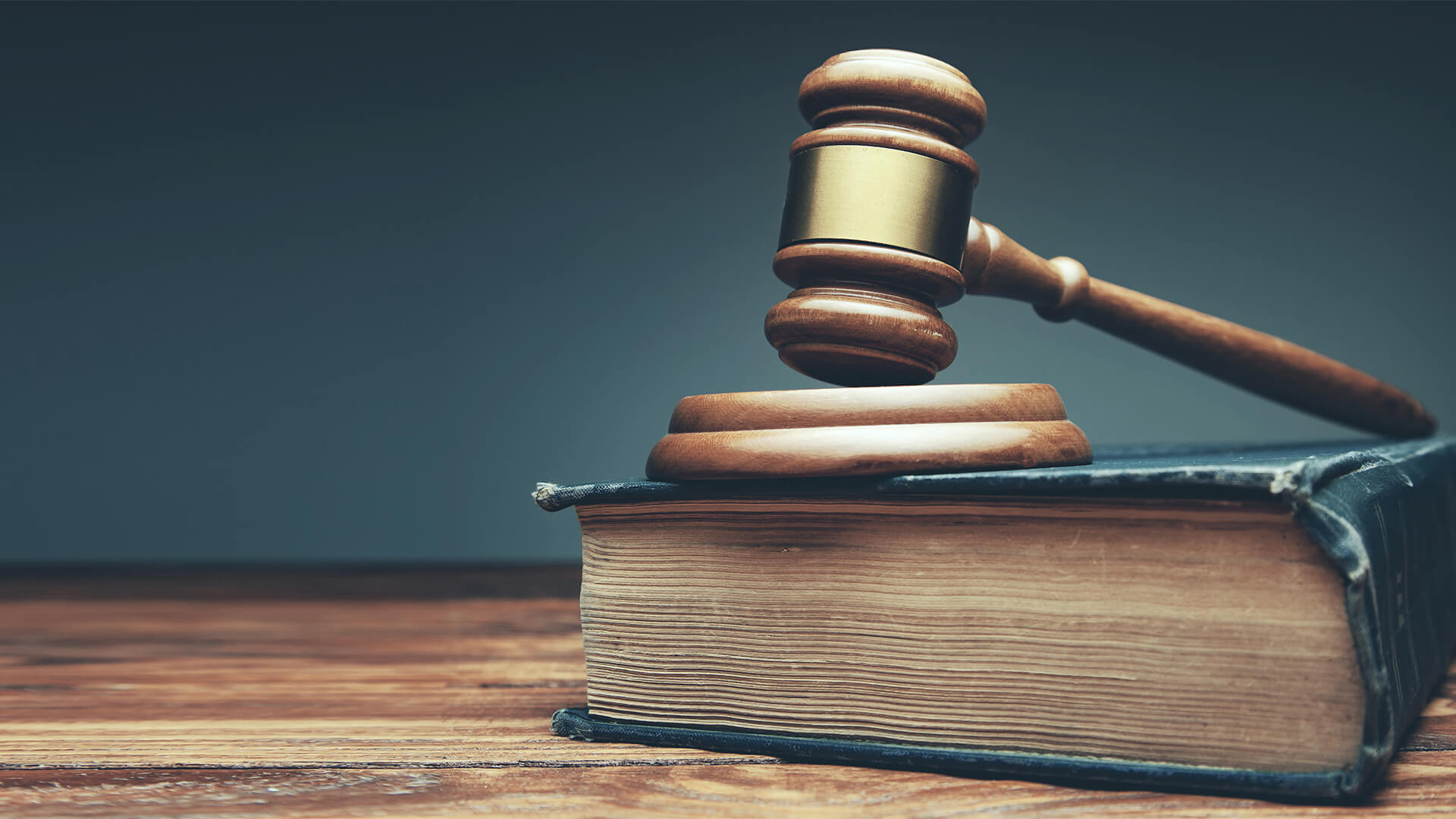Governor Abbott signed a law offering sufferers of child sexual abuse more time to sue their abusers in a civil courtroom. The regulation doubles the statute of limitations on these sorts of cases. Kris 6 information reporter Emily Hamilton spoke to neighborhood specialists who described this as a primary win. Advocates for sexual assault sufferers call this new law a victory for humans dealing with the lifelong consequences of this kind of infant abuse. Kellie Addison from the Purple Door says, “We’re discussing sexual violence. We’re talking about the whole spectrum. And there’s not as an awful lot blame or guilt and shame that survivors are feeling round that.”
Formerly, folks that had been sexually abused before the age of 18 best had 15 years to sue their alleged abusers in the civil courtroom to maintain them responsible for things like scientific fees and counseling services. “that remedy and people bills alone can price as much as a hundred and fifteen dollars a consultation.” Sharra Rodriguez from Crime Victims Assistance says. Now, victims have 30 years to sue their alleged abusers for reimbursement. Advocates say the new law offers sufferers double the time to begin their healing method.
“It’s very uncommon when we see human beings have the courage to return forward and say they had been sexually assaulted,” Rodriguez says, and that could be ten, fifteen, thirty years later.” Directors at the pink door, our nearby women’s haven, say there are several motives victims of early life sexual abuse frequently don’t come ahead for years. “However, that doesn’t suggest that that survivor’s voice or enjoy is helpful,” Addison says, “that they shouldn’t be believed, and they shouldn’t have the opportunity to maintain that perpetrator accountable.”

Governor Abbott signed this new regulation on June 14, which went into effect on September 1. Sen. Ed Markey (D-MA), one of every Congress’ pinnacle tech watchdogs, asks that the Federal Trade Commission pressure YouTube to make sweeping coverage changes following reports that the enterprise is finishing up research into how the enterprise platform handles youngsters’ information and notices.
Markey authored the law on how structures must deal with children’s data, entitled the Children’s Online Privacy Protection Act (COPPA). Generally, COPPA makes it illegal for platforms like Facebook and YouTube to gather the records of users under the age of thirteen. In his Tuesday letter, Markey voices worry that YouTube isn’t complying with those tips.
“I am involved that YouTube has not followed COPPA,” Markey wrote to the FTC. “I, therefore, urge the Commission to use all important resources to investigate YouTube, demand that Youtube pay all financial penalties it owes due to prison violations, and coach YouTube to institute coverage modifications that positioned children’s health first.”
The letter outlines a handful of modifications the platform should implement, such as forcing Google to prevent gathering records from youngsters under thirteen, kicking kids off the platform completely until it complies with the rules, and prohibiting influencer advertising directed at children. Markey even notes one of the most popular toy overview channels on YouTube, Ryan’s Toy Review, which boasts over 19 million followers. If adopted, the adjustments would dramatically disrupt YouTube’s ad environment, which heavily relies on advertiser-friendly kids’ content.



